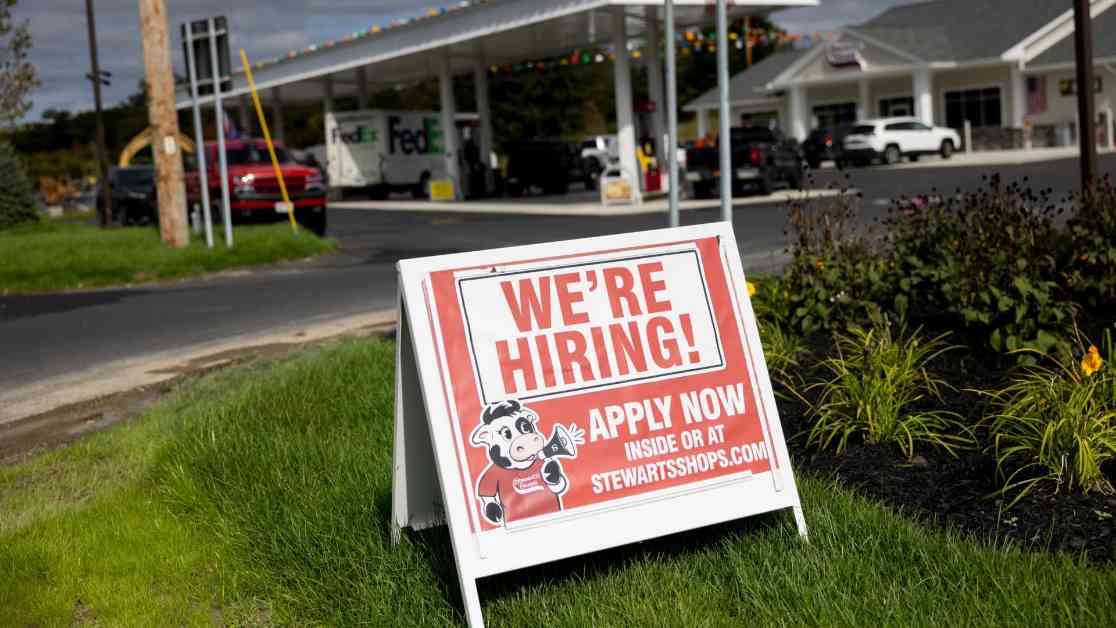Friday’s Jobs Report: Slowest Hiring Pace in Years
On Friday, the Bureau of Labor Statistics is expected to release a report indicating that October had the slowest job creation in nearly four years. Economists predict that only 100,000 jobs were added during the month, a significant drop from September’s 254,000. This decline is attributed to the impact of hurricanes Helene and Milton, as well as a labor strike at Boeing. Despite this, the unemployment rate is expected to remain unchanged at 4.1%.
While the headline jobs number may be disappointing, experts believe that the U.S. economy remains healthy. Wages are projected to rise by 0.3% for the month and 4% from a year ago, indicating that inflation is stable. However, factors such as the hurricanes and labor strike have dampened hiring numbers.
The hurricanes caused significant monetary damage, with estimates suggesting that Helene alone could have reduced the payrolls count by 50,000. The Boeing strike also impacted job growth, potentially lowering the total by 41,000. Despite these challenges, data leading up to the report shows that hiring has been strong, with low layoff rates.
Prior to the report, private companies added 233,000 new workers in October, surpassing expectations. Initial jobless claims also fell to 216,000, reaching the lowest level since late April. However, the White House anticipates that the combined effects of recent events could decrease the payrolls count by as much as 100,000, making the interpretation of the report more challenging.
In general, job numbers have been volatile in the post-Covid era. Earlier this year, benchmark revisions resulted in a significant reduction in job counts. Despite the challenges, areas such as government, health care, and leisure and hospitality continue to drive job creation. There is also a growing interest in skilled trades, finance, and insurance-related businesses.
Overall, the labor market is slowing down, with job growth becoming more concentrated in specific sectors. Many workers are struggling to find suitable employment, highlighting the need for intervention such as Federal Reserve interest rate cuts to stimulate job growth. While the job market remains resilient, continued support will be crucial to sustain economic momentum.

















